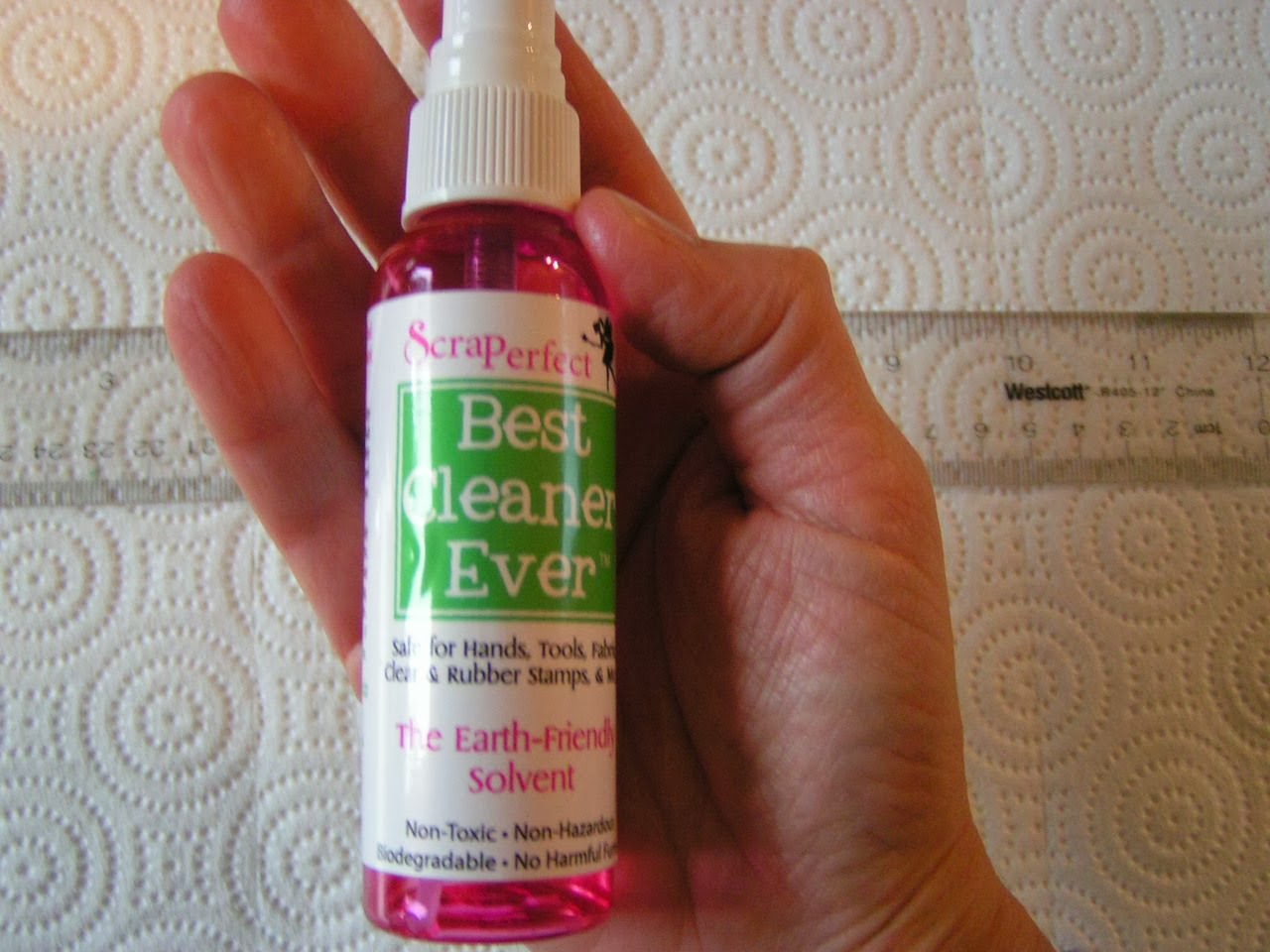Common Cleaning Product Ingredients That Trigger Allergies
guest post from Sally Collins, freelance writer
An alarming number of household cleaning products may be causing more harm than good, and according to a research done by the National Center for Biotechnology Information, more than 100,000 new chemicals that have been used in common consumer products have been linked to asthma and allergies.
While most homemakers know that it’s important to have a clean home to keep sickness at bay, the presence of these allergy-causing chemicals and their ill effects on health have been alarming healthcare professionals around the world.
Gentle Cleaners That Get Tough On Stains
Families who are into arts and crafts often encounter challenges when it comes to cleaning up. It’s often thought that harsh chemicals such as lacquer thinner, acetone, alcohol, or ammonia are needed to get rid of ink, paint, and adhesives from crafting surfaces. Fortunately, there are products out there such as ScraPerfect’s BEST CLEANER EVER, the earth-friendly, people-safe solvent that can remove tough stains such as permanent marker stains, paints, adhesive build-up, and more to make clean up after crafting a cinch. You’ll even find it handy in the kitchen, laundry, garage and in the camper!
For daily household cleaning, it’s crucial to be aware of the chemicals in cleaning products that can pose a danger to a person’s health. Here are the chemicals and ingredients in cleaning products that trigger allergies.
Ammonia
Apart from triggering skin allergies, the ammonia in some household and industrial cleaning solutions can be extremely dangerous. Skin or eye contact with concentrated ammonia can cause irritation or burns. Exposure to this chemical may cause burning of the eyes, nose, and throat, and may even result in blindness, lung damage, or death.
Formaldehyde
This chemical is often found in antiseptics, paints, varnishes, and cleaning agents. Inhalation of formaldehyde may cause asthma, and it can also result in irritation of the eyes, nose, and throat. Some cases of throat and nose cancer have also been linked to repeated formaldehyde exposure.
Triclosan
The chemical triclosan is often added to antibacterial soaps, body washes, and laundry detergents to help reduce bacterial contamination. Children who are exposed to Triclosan at an early age are more susceptible to developing asthma, allergies, and skin problems such as eczema. Worse, it can also weaken the immune system.
Hydrochloric Acid
Hydrochloric acid can be found in toilet bowl cleaners and other bathroom cleaning agents. This chemical is highly corrosive to the skin, eyes, and mucous membranes. It can cause severe burns and scarring, as well as dermatitis and chronic bronchitis.
As a safer and healthier alternative to commercial cleaners containing these harmful chemicals, it is advised to use homemade cleaning agents made from natural or organic ingredients. A natural glass cleaner can be made by mixing vinegar or lemon juice with water, while baking soda can be used to get rid of stains and smells on fabrics and carpets. Castile soap is a good all-purpose cleaner that can be used to clean anything in the house, and it’s also mild enough to be used as a shampoo and body soap.
With natural cleaning agents and a bit of elbow grease, anyone can have a clean home – even without the use of harmful chemicals in commercial cleaners. Choose natural and earth-friendly products to keep everyone safe and allergy-free.
For more on ScraPerfect’s Best Cleaner Ever, watch this video:



